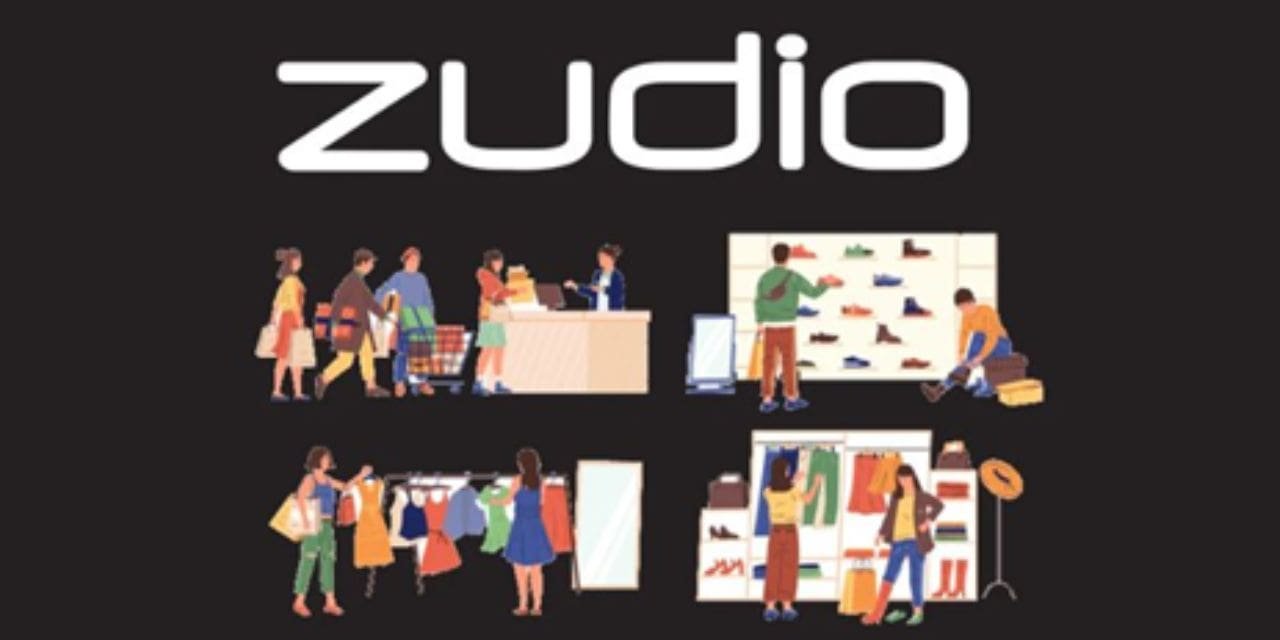In the dynamic landscape of India’s value-fashion market, the competition is evolving, propelled by the economic shifts and changing aspirations in smaller cities. Trent Ltd.’s Zudio has emerged as a trailblazer, not merely as a successful entity but as a trendsetter inspiring other retailers to follow suit. Yousta (Reliance Retail), Style-Up (ABFRL), and InTune (Shoppers Stop) have entered the fray, seeking to replicate Zudio’s triumph.
According to analysts from Motilal Oswal Financial Services, the trajectory of the value apparel segment is expected to maintain a steady 6% Compound Annual Growth Rate (CAGR) from 2020 to 2025. However, the organized subset within this sector is poised for a more robust 13% CAGR. This divergence is attributed to factors such as increasing disposable incomes, demographic trends favoring a youthful consumer base, and the ongoing wave of urbanization.
The value fashion segment, constituting a substantial Rs. 2.5 trillion as of CY ’20 and encompassing 57% of the total apparel market, is undergoing transformative dynamics. Beyond the familiar terrain of metros and Tier-1 cities, this market holds untapped potential driven by favorable demographics, increased incomes, and heightened consumer aspirations.
Zudio, since its inception in FY ’17, has not only expanded to over 350 standalone stores but has also managed to generate an impressive revenue of Rs. 3,540 crore. Operating on a franchise-owned, company-operated model, Zudio has strategically appealed to potential franchisees, emphasizing a capital expenditure approach while simultaneously managing inventory costs efficiently.
The core ethos of Zudio revolves around combining high fashion with affordable prices, a strategy that stands in stark contrast to regional retailers like V-Mart, Style Bazaar, City Kart, and V2 Retail. These regional players target lower-middle-class families, offering a broader range of products tailored to local preferences but with limited differentiation. Consequently, these players face intense competition and are grappling to regain pre-COVID consumption levels, particularly in smaller cities where the economic rebound has been sluggish.
Despite the dominance of unorganized retailers, constituting over 57% of the overall market, a select few regional retailers have managed to gain traction in the cost-conscious value-fashion segment. However, the narrative is changing as larger retail entities, with their strategic approaches and established brands, continue to make significant inroads into this market, reshaping the competitive landscape and posing challenges for regional players striving to maintain relevance and market share.

